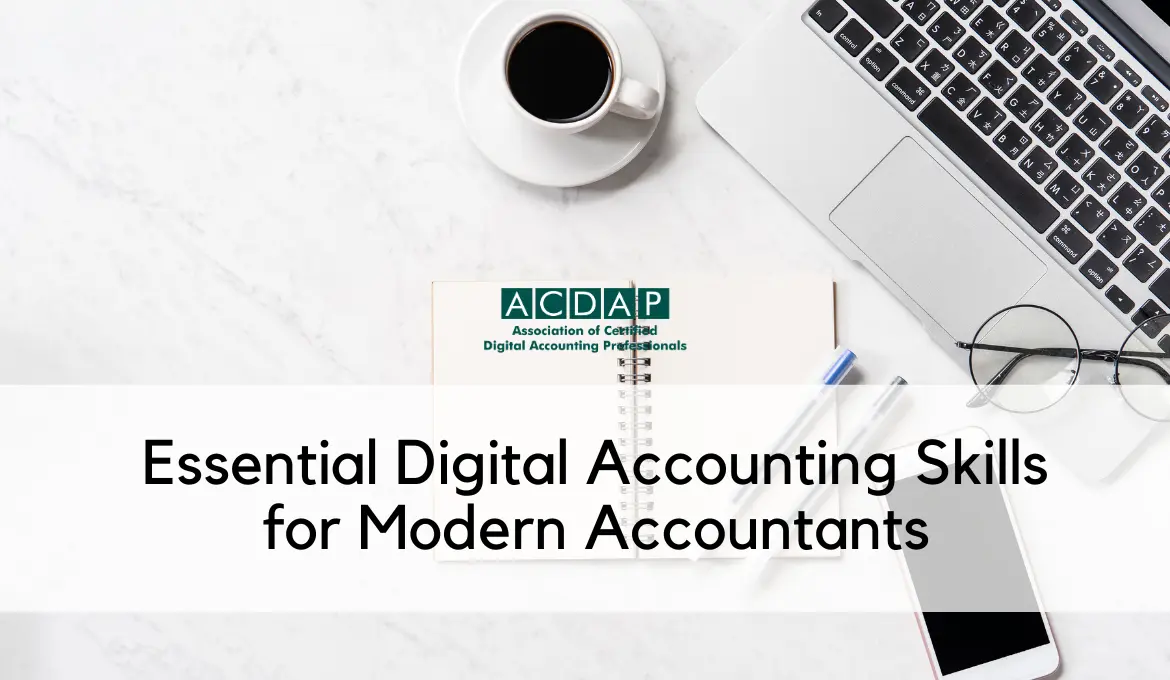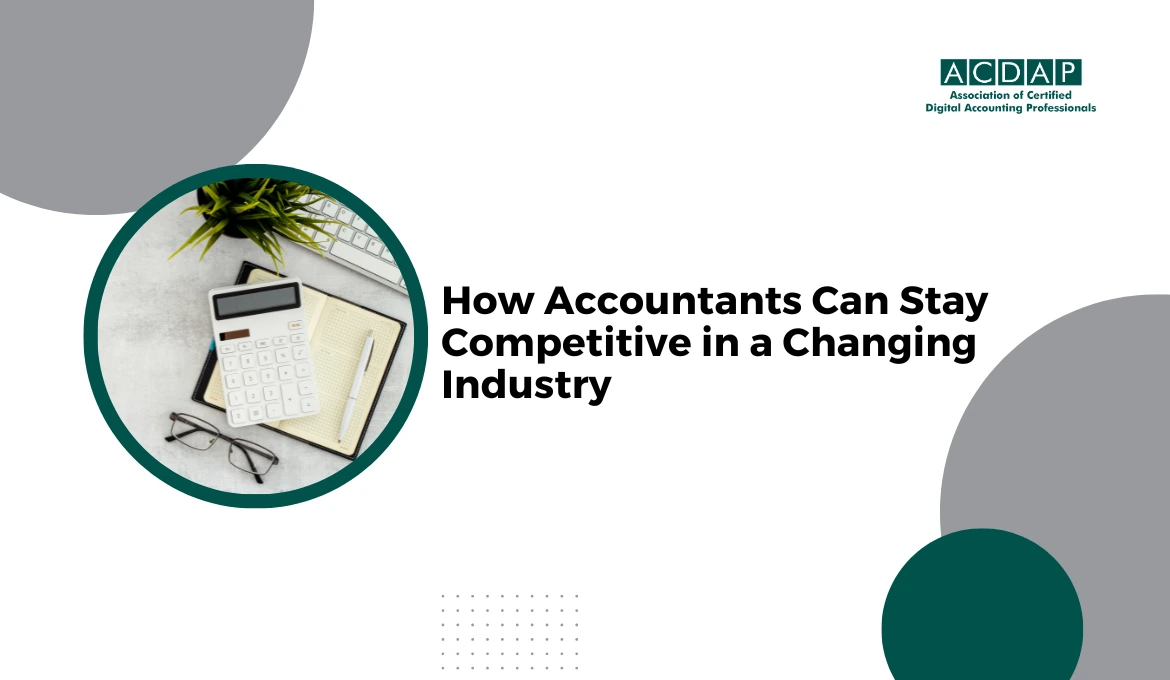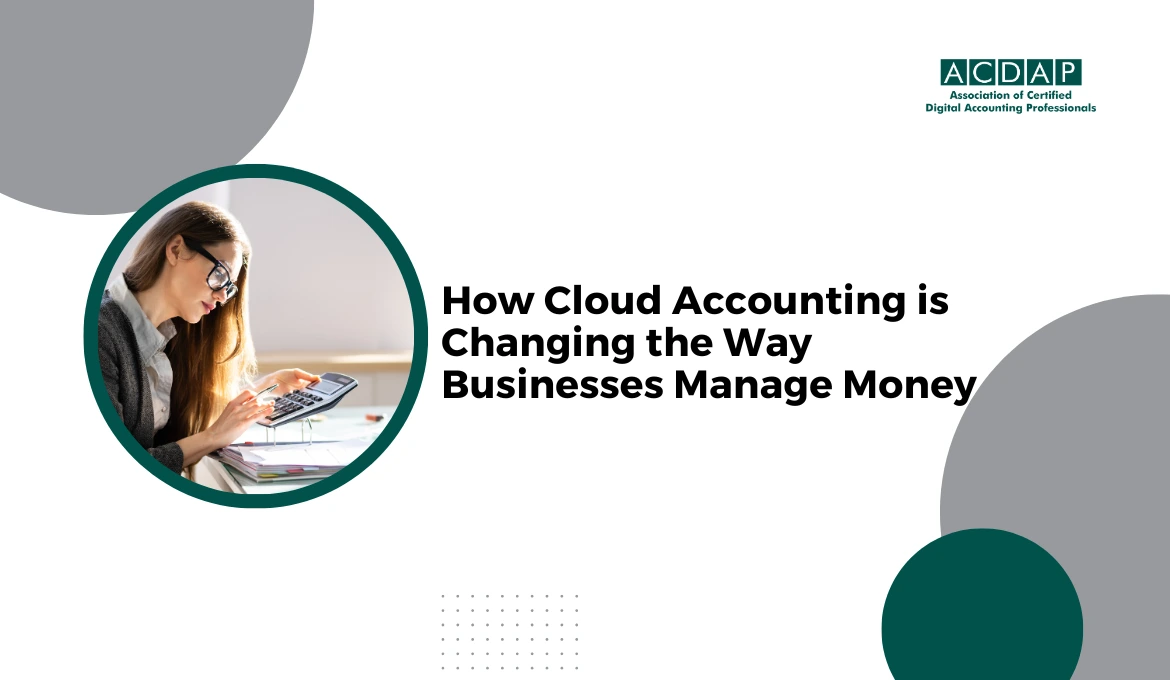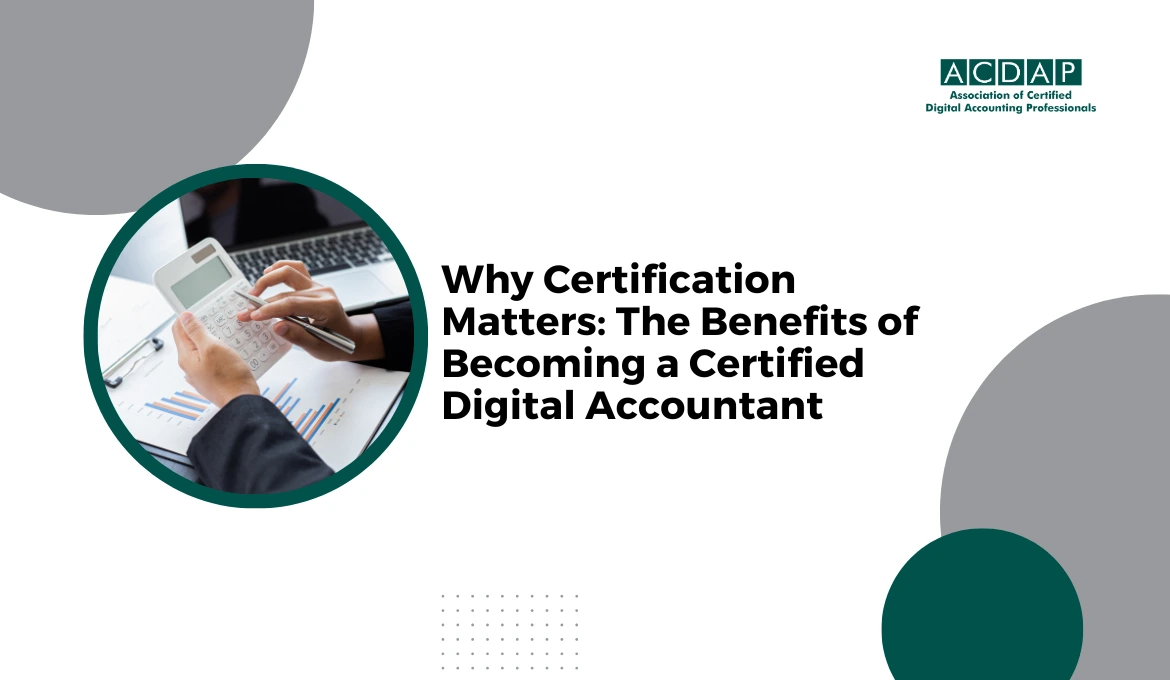The landscape of accounting has dramatically transformed with the advent of digital technologies. Gone are the days when ledgers were manually updated, and reports were painstakingly compiled over days. Today's accounting professionals navigate a world where digital fluency is not just an asset but a requisite for success. This evolution necessitates a new breed of accountants - modern accountants equipped with a blend of traditional accounting acumen and advanced digital skills. Below, we explore the essential digital accounting skills that are indispensable for modern accountants to thrive in this evolving landscape.
1. Proficiency in Cloud-Based Accounting Software
One of the keystones of digital accounting is the utilization of cloud-based accounting software. These platforms have revolutionized the way accountants and businesses manage financial data, offering real-time access, enhanced security, and seamless collaboration features. Modern accountants must be adept at navigating these systems, which include popular solutions like QuickBooks Online, Xero, and Sage.
Key Skills:
- Mastery in setting up and managing cloud-based accounting systems.
- Ability to leverage automated features for expense tracking, invoicing, and reconciliation processes.
- Competence in utilizing the software's reporting and forecasting tools to provide actionable financial insights.
2. Data Analysis and Visualization
In the era of big data, accountants are expected to do more than just crunch numbers; they are called upon to analyze complex datasets and translate them into understandable insights for decision-makers. Proficiency in data analysis and visualization tools, such as Microsoft Excel's advanced functions, Power BI, or Tableau, is crucial. These skills enable accountants to identify trends, forecast future financial performances, and communicate findings effectively through compelling visualizations.
Key Skills:
- Advanced Excel skills, including pivot tables, VLOOKUP, and macros.
- Proficiency in data visualization tools like Tableau or Power BI for creating intuitive and interactive financial reports.
- Understanding of basic statistical methods and their application in financial analysis.
3. Cybersecurity Awareness
With the shift to digital accounting, the threat landscape has also evolved. Financial data is a prime target for cybercriminals, making cybersecurity awareness an essential skill for accountants. Understanding the principles of cybersecurity, recognizing potential threats, and knowing how to safeguard sensitive financial information are paramount. Accountants must stay abreast of the latest security protocols, ensure compliance with data protection regulations, and adopt best practices like multi-factor authentication and regular data backups.
Key Skills:
- Knowledge of cybersecurity fundamentals and data protection laws.
- Ability to identify phishing attempts and other social engineering tactics.
- Familiarity with encryption technologies and secure data transmission methods.
4. Blockchain and Cryptocurrency Fundamentals
The rise of blockchain technology and cryptocurrencies has introduced a new dimension to financial transactions and record-keeping. Modern accountants must grasp the basics of blockchain and its implications for accounting practices. This includes understanding how blockchain can enhance transparency and security in financial transactions, as well as being able to account for and manage cryptocurrency transactions within a business context.
Key Skills:
- Basic understanding of blockchain technology and its impact on ledger management.
- Competence in recording and reconciling cryptocurrency transactions.
- Awareness of the tax implications and regulatory considerations related to cryptocurrencies.
Conclusion
As the accounting profession continues to evolve in the digital age, so too must the skills of accountants. The transition from traditional accounting practices to a digital-first approach is not merely optional; it is imperative for those wishing to remain relevant and competitive. By cultivating skills in cloud-based accounting software, data analysis and visualization, cybersecurity awareness, and understanding blockchain and cryptocurrencies, modern accountants can ensure they are well-equipped to navigate the challenges and opportunities of the digital accounting landscape.
Embracing these digital accounting skills does not mean abandoning the foundational principles of accounting. Instead, it involves augmenting traditional expertise with new technologies and methodologies to meet the demands of today's dynamic business environment. In doing so, modern accountants will not only enhance their own career prospects but also contribute significantly to the success and resilience of the organizations they serve.


























